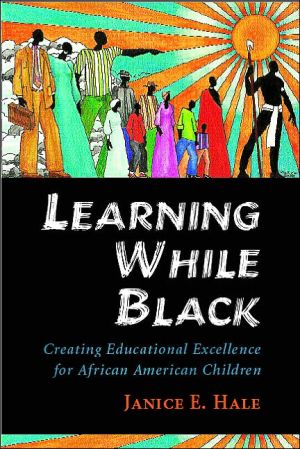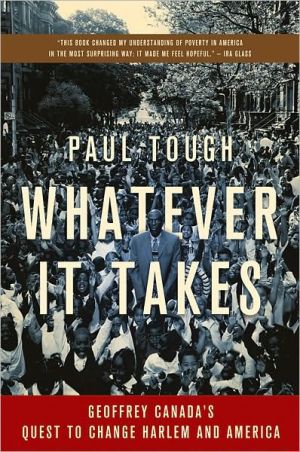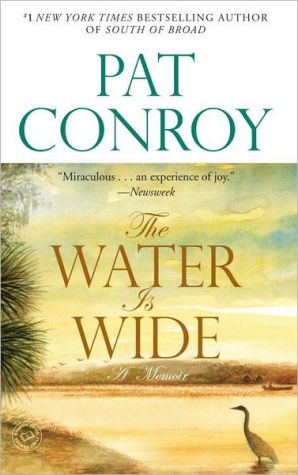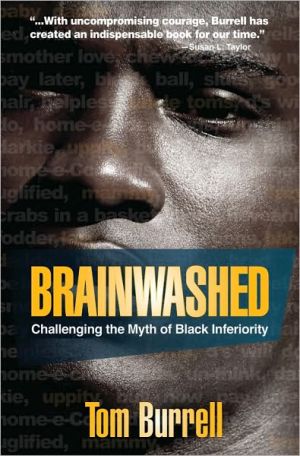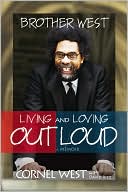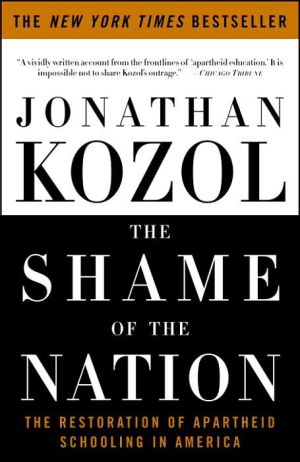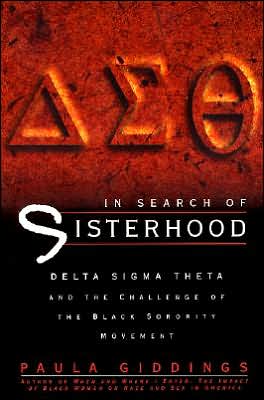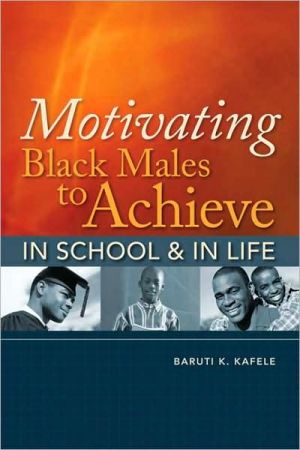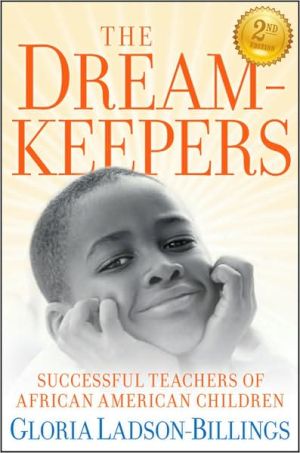Learning While Black: Creating Educational Excellence for African-American Children
In Learning While Black Janice Hale argues that educators must look beyond the cliches of urban poverty and teacher training to explain the failures of public education with regard to black students. Why, Hale asks simply, are black students not being educated as well as white students?\ Hale goes beyond finger pointing to search for solutions. Closing the achievement gap of African American children, she writes, does not involve better teacher training or more parental involvement. The...
Search in google:
"Hale's well thought out suggestions put Learning While Blackat the forefront of discussions around educational reform." -- Black Parenting TodayV. P. FranklinHale uses her experiences as a single mother and well-respected educational consultant to chart a more positive educational future for poor black children. "Learning while black" need not be a negative experience,and Hale provides parents,teachers,and school administrators with a model for a culturally appropriate pedagogy to insure more positive educational outcomes for African American children.
ForewordPrefaceAcknowledgmentsPt. 1Breaking the SilenceCh. 1Mastery and Excellence versus the Bell Curve3Ch. 2Playing by the Rules15Ch. 3African American Goals and Closed Doors37Ch. 4Down the Up Escalator51Pt. 2Creating the VillageCh. 5Twenty-First-Century Education Project: Report and Recommendations93Ch. 6A Model for Culturally Appropriate Pedagogy111Ch. 7The Role of the African American Church in Creating the Village153Ch. 8Where Do We Go from Here? A Call to Action173AppThe Church's Educational and Advocacy Mission with African American Children: Cognitive, Affective, and Religious Context191References203Index211
\ BooklistA heartfelt and forthright assessment of the all-too-often daunting task facing parents of black students. Hale parallels the racial profiling of law enforcement with current educational assumptions that put black children at a decided disadvantage, facing educators' low expectations and indifference. Educational reform efforts that focus on parental involvement are doomed to failure when so many parents of children attending public schools lack the education, time, energy, and resources to effectively monitor the school and advocate on behalf of their children. Hale relates her own frustrating experiences with her son's private school and not being part of the 'club' that knows the ins and outs and how to get around the rules. Hale offers a detailed strategy that focuses on the classroom and advocates coordinated community-support services and enhanced leadership roles for principals. An innovative and important book for parents and educators concerned about educating black children.\ \ \ \ \ ET Clark AcademyI have never read a book that has had as much impact on me as a parent and educator as did Learning While Black.\ — Deborah Godwin Starks\ \ \ \ Black Parenting TodayHale's well thought out suggestions put Learning While Blackat the forefront of discussions around educational reform.\ — Jenny Lee\ \ \ \ \ \ Frost IllustratedHale's work not only can serve as an 'educational bible' for teachers and administrators who are serious about equalizing education between black and white students, but it can also assist parents and members of the community... a profound text that raises many issues legislators, administrators, educators, parents and the like fail to notice.\ — Robbin L. Melton\ \ \ \ \ \ Sage Race Relations AbstractsThis is an important book that should be read by teachers and all those concerned with education policy.\ \ \ \ \ V. P. FranklinHale uses her experiences as a single mother and well-respected educational consultant to chart a more positive educational future for poor black children. "Learning while black" need not be a negative experience,and Hale provides parents,teachers,and school administrators with a model for a culturally appropriate pedagogy to insure more positive educational outcomes for African American children.\ \ \ \ \ Publishers WeeklyIn a wide but welcome swing of the pendulum, Hale (founder of a school for facilitating the intellectual development of African-American preschool children and author of two books on educating black children) fixes her gaze directly upon schools the teachers and the children. Here is a fresh and feisty look at the miseducation of African-American children by a knowledgeable practitioner (and Wayne State University professor of early childhood education), a "call for action directed to the organizations controlled by middle-class African Americans, not to beleaguered individuals themselves." Relying to some extent upon the Waldorf School Movement (an approach that emphasizes children's individuality), Hale offers a solution that recognizes the school as the impetus for inner-city African-American children to achieve upward mobility, relying on help from parents, churches, community volunteers and teachers. Her model attends to those differences between "Afro cultural" themes and "mainstream" ones, which influence the varying academic achievement of African-American children compared with white children's achievement. Cognizant of religion's role in African-Americans' lives, Hale, who holds a master's in religious education, envisions a major role for the African-American church in enriching children's lives. Although the metaphoric basis of her program ("the Family," "the Village" and "the Beloved Community") and the detailed account of her own parenting experiences are occasionally distracting, both add substance to her theory the former by the grandness of its scheme, the latter by attending to nuts and bolts. (Dec. 4) Forecast: Professional educators in urban areas and parents of blackchildren are this book's primary audience. Although the cover (depicting a symbolic African scene of people walking toward the sun) suggests an Afrocentric philosophy and curriculum, booksellers will want to inform buyers that Hale's focus, while totally on the education of African-American children, is not Afrocentric. Copyright 2001 Cahners Business Information.\ \ \ \ \ BooknewsCritically assessing current trends that focus on testing, Hale (early childhood education, Wayne State U., Detroit) offers an alternative. She places emphasis on the importance of the interaction between teacher and child in the classroom, and on leadership provided by principals who coordinate tutoring, mentoring, and other support from the resources of the community. Annotation c. Book News, Inc., Portland, OR (booknews.com)\ \
